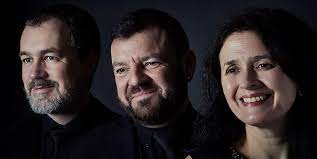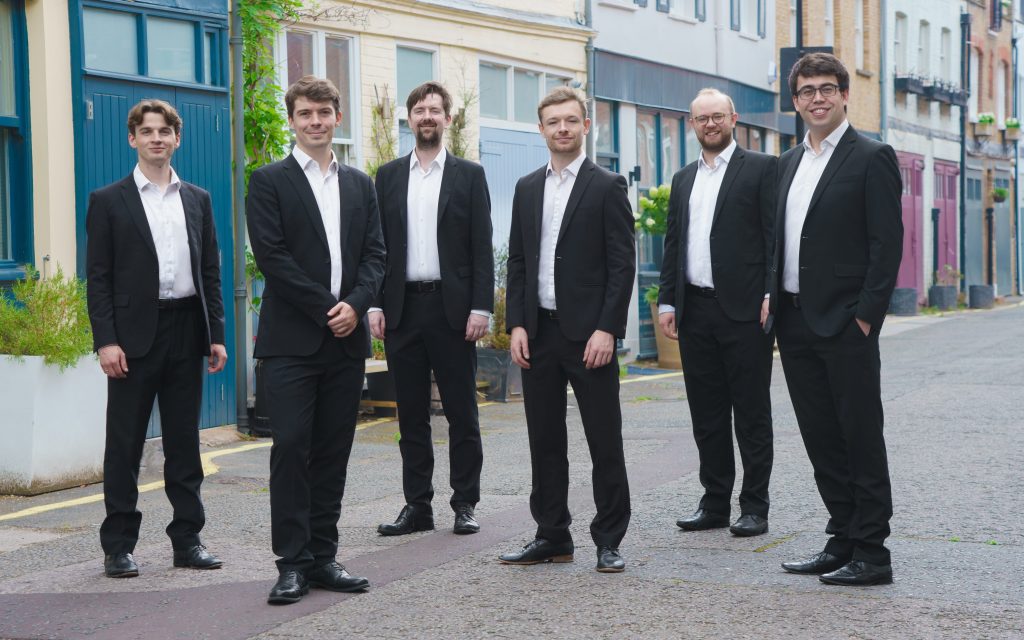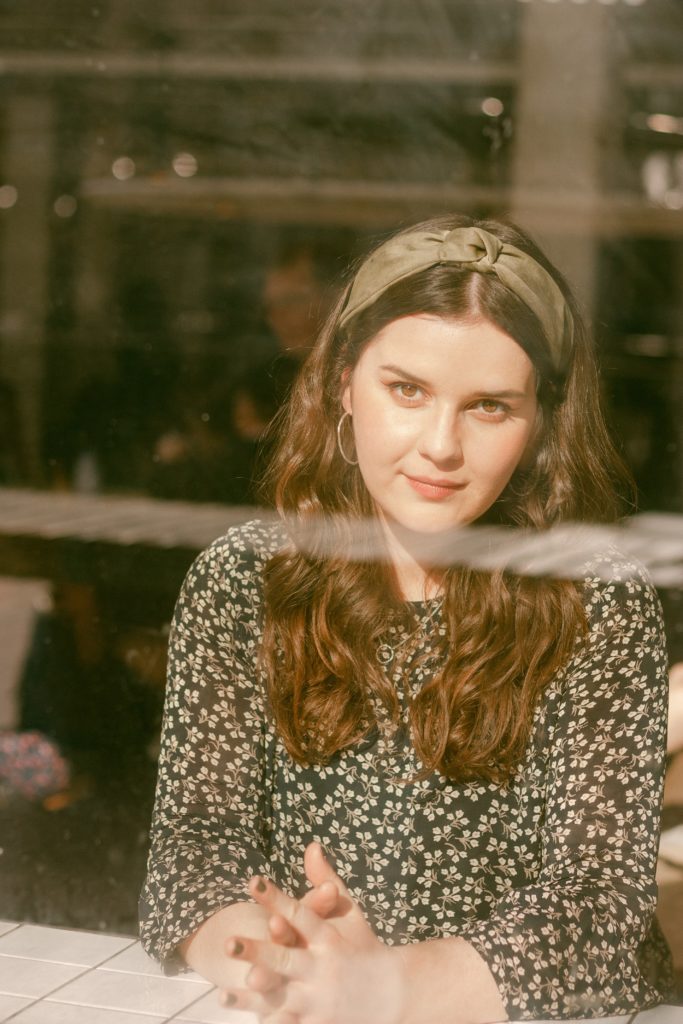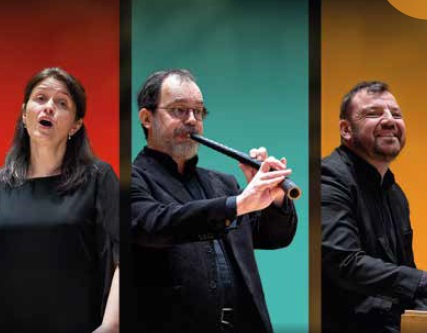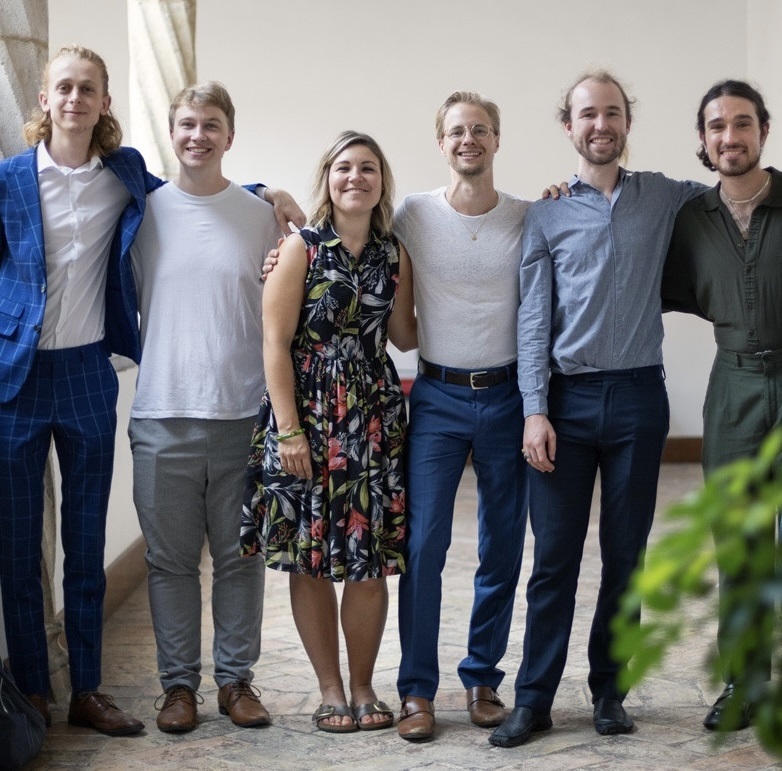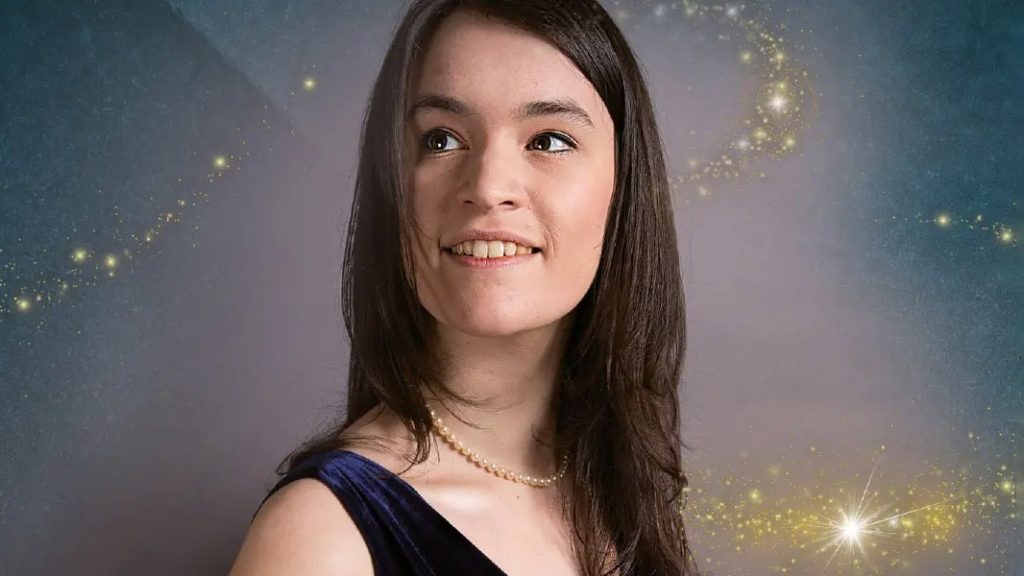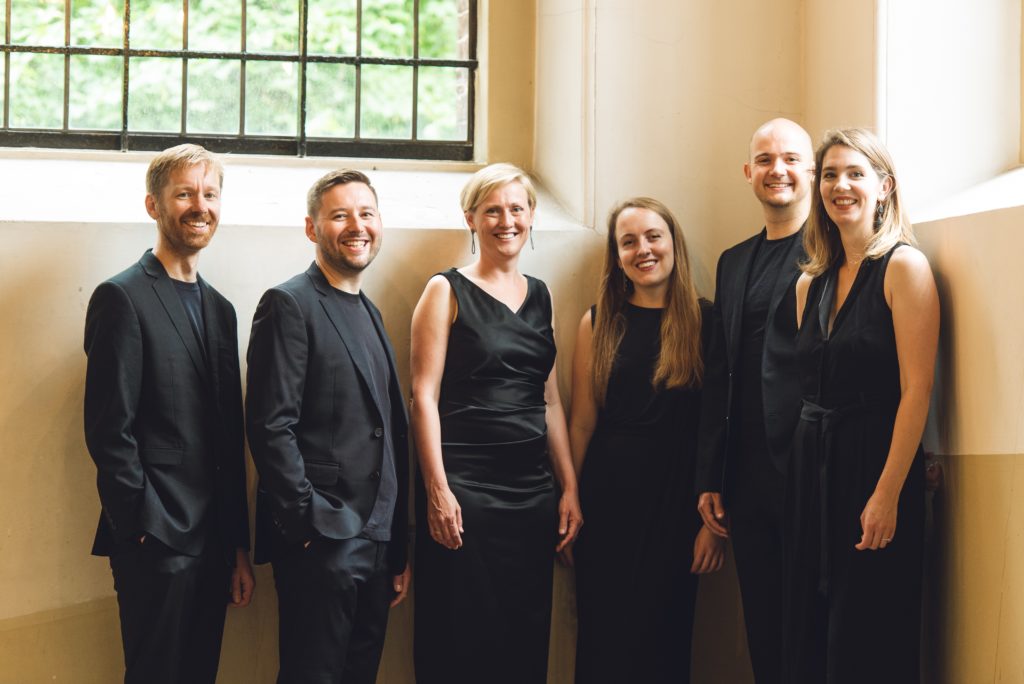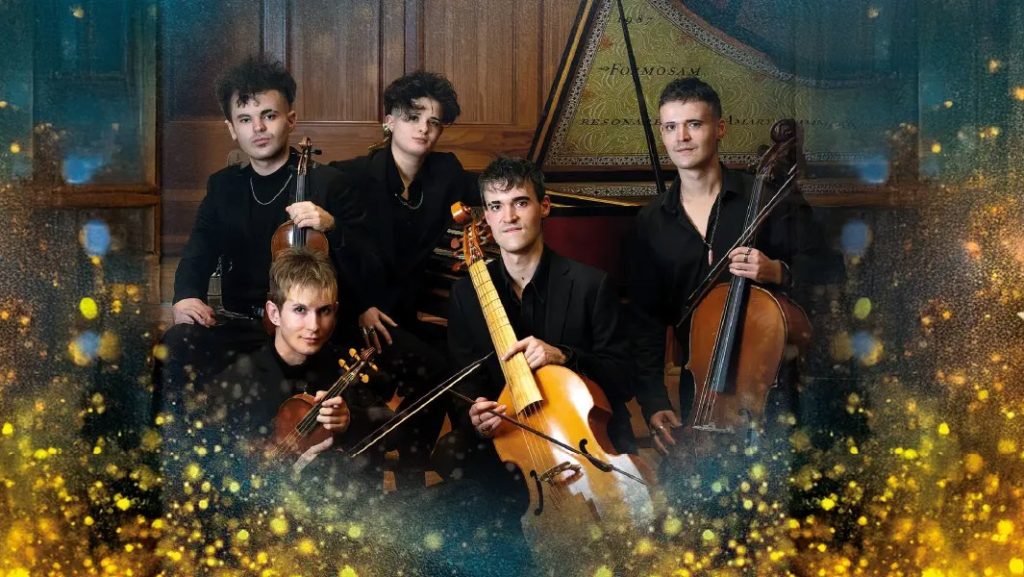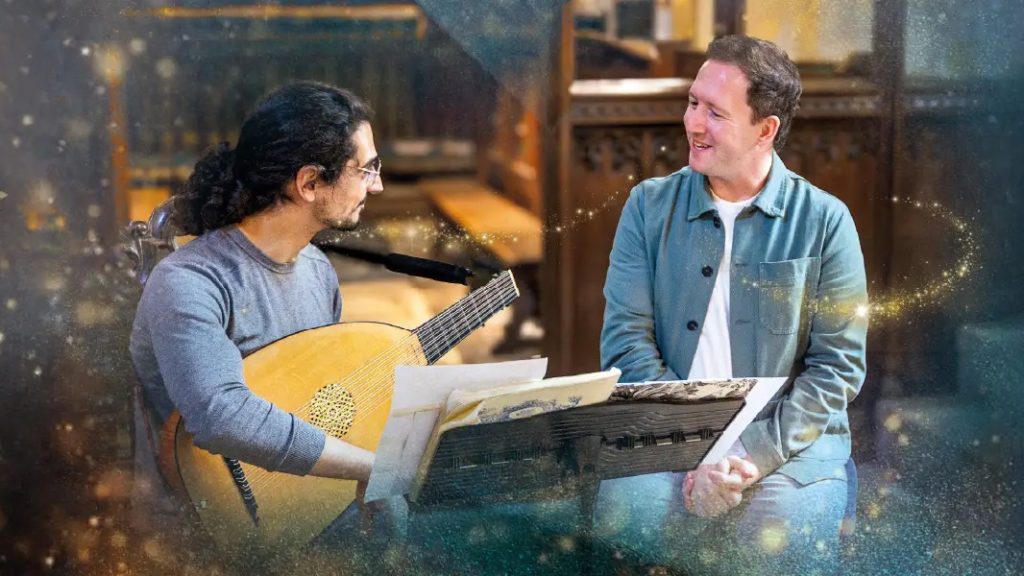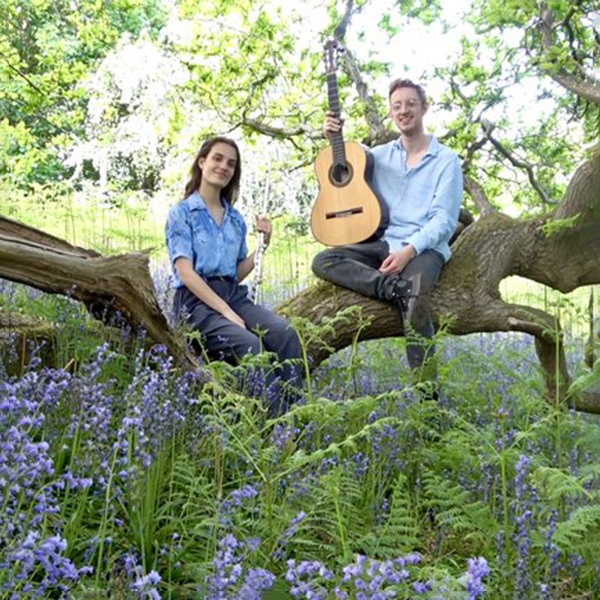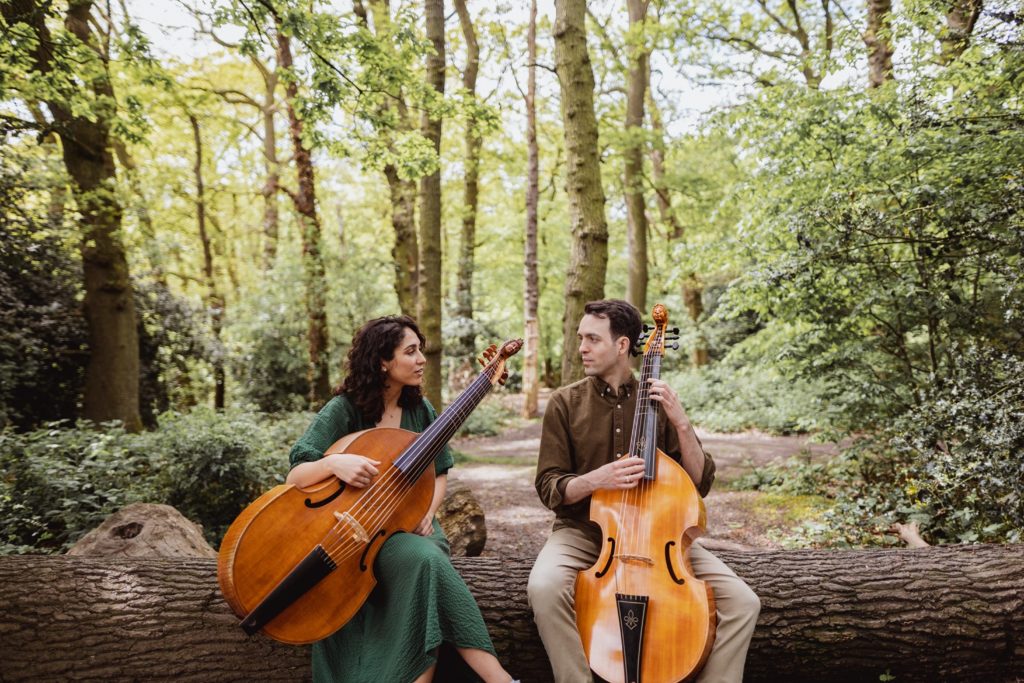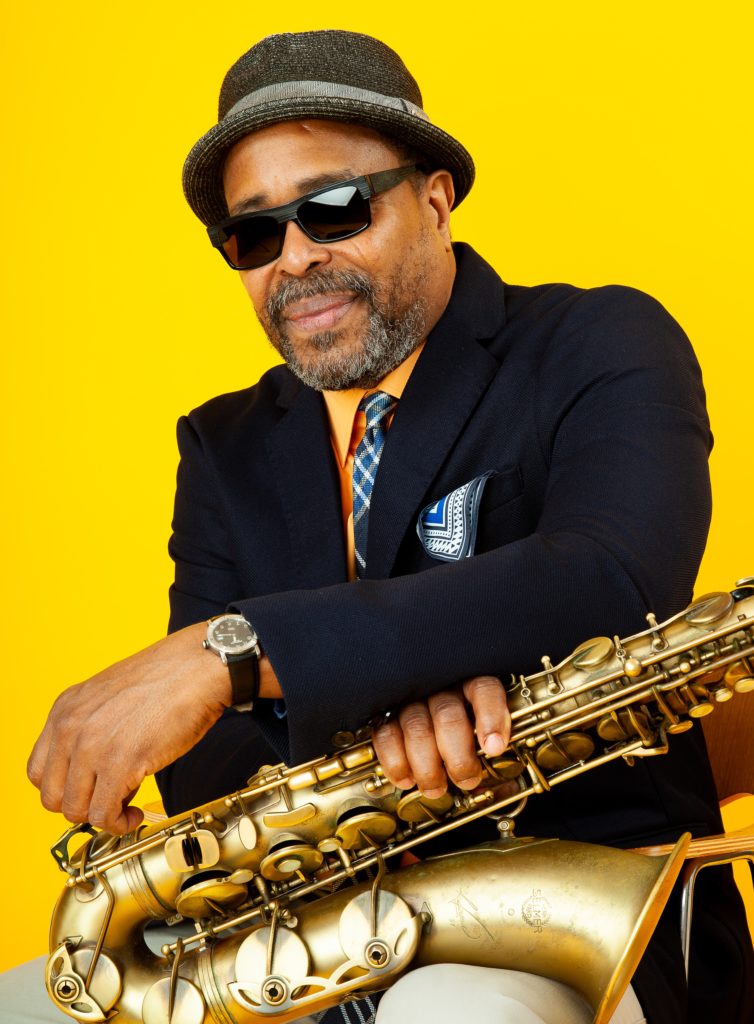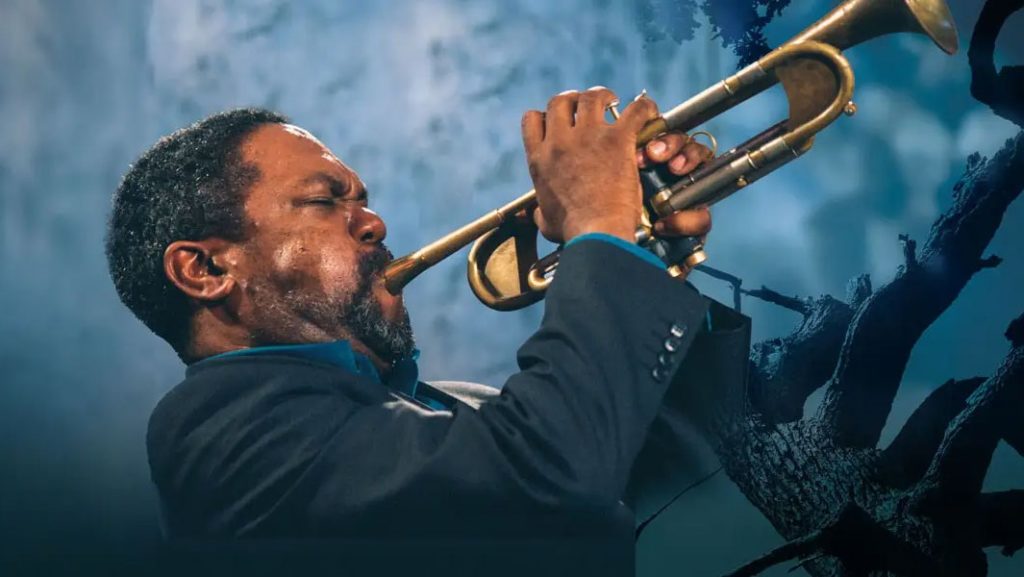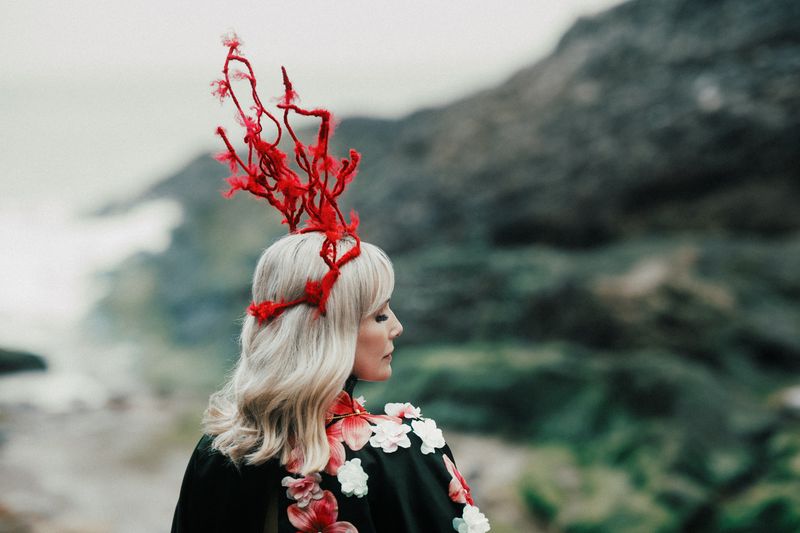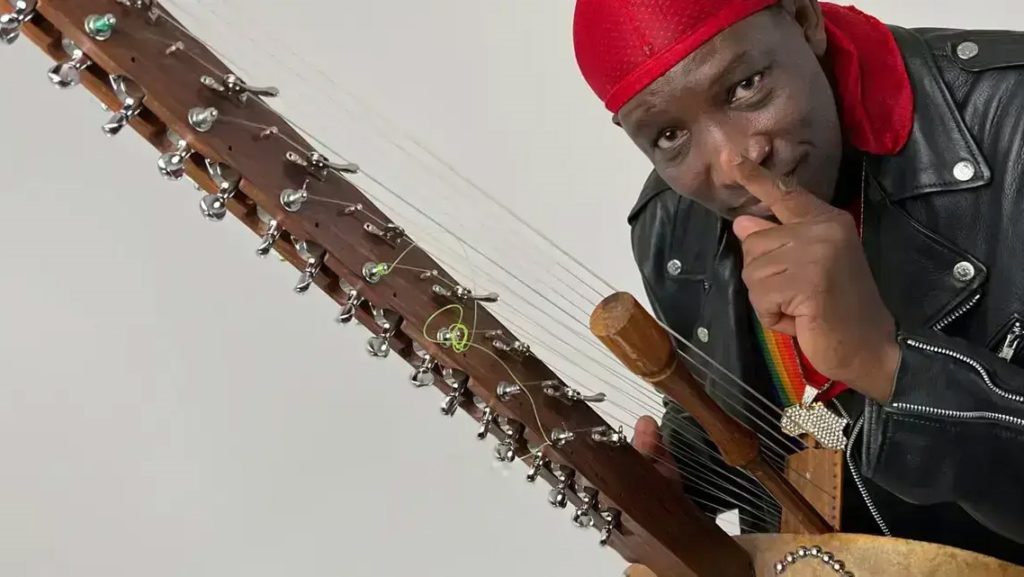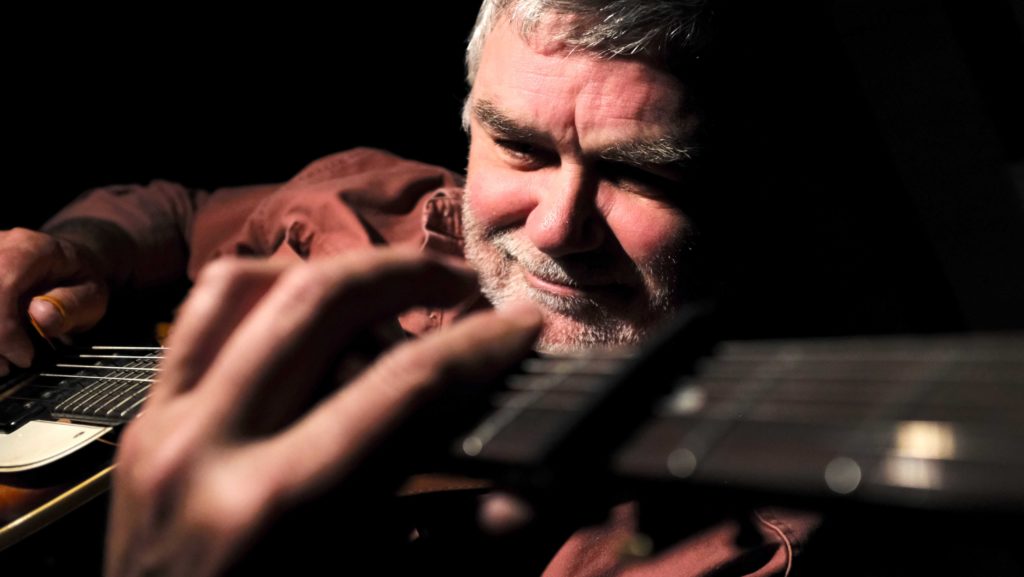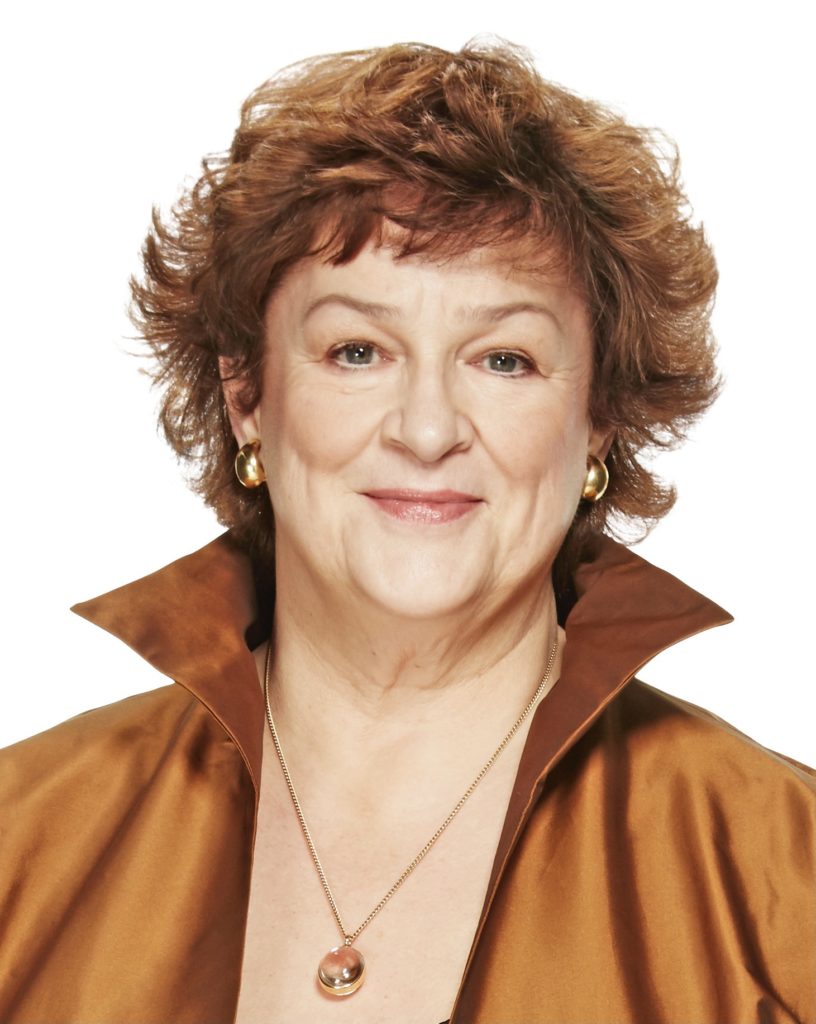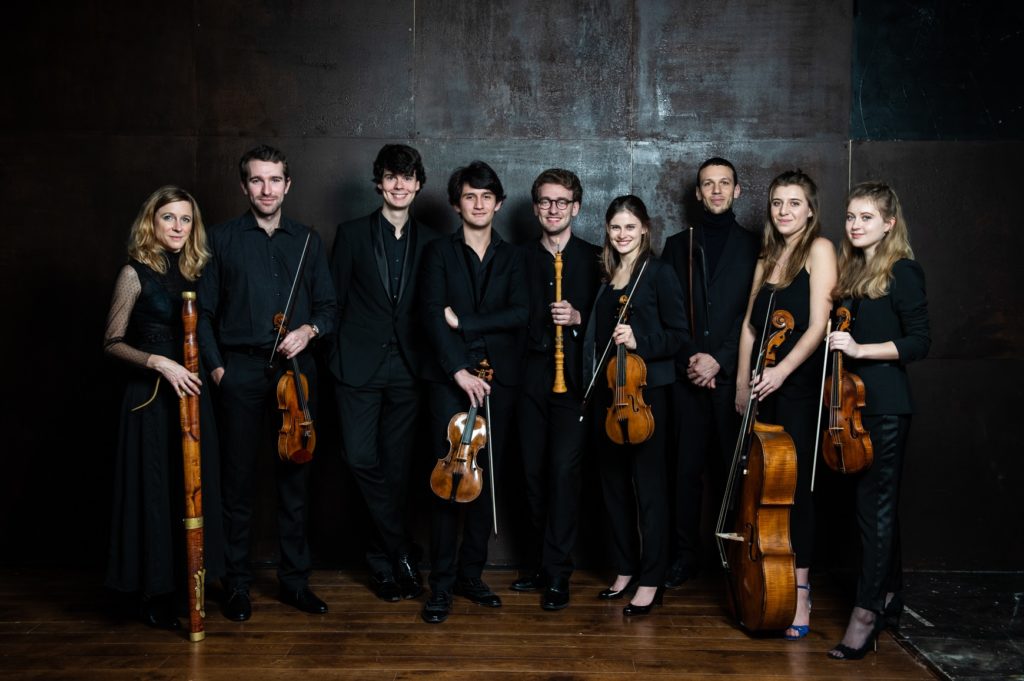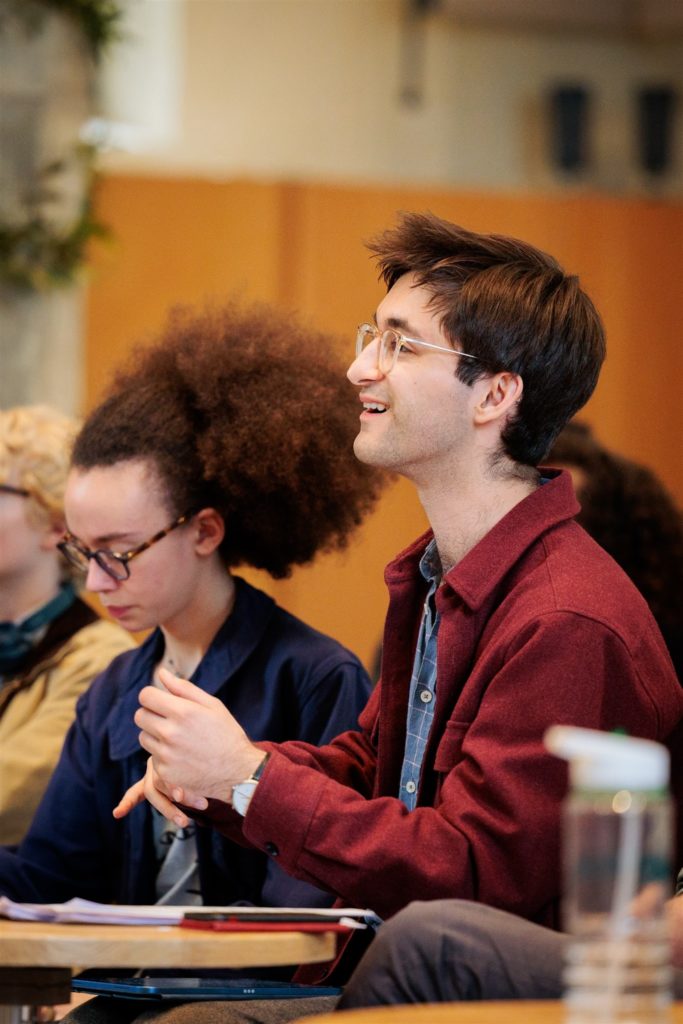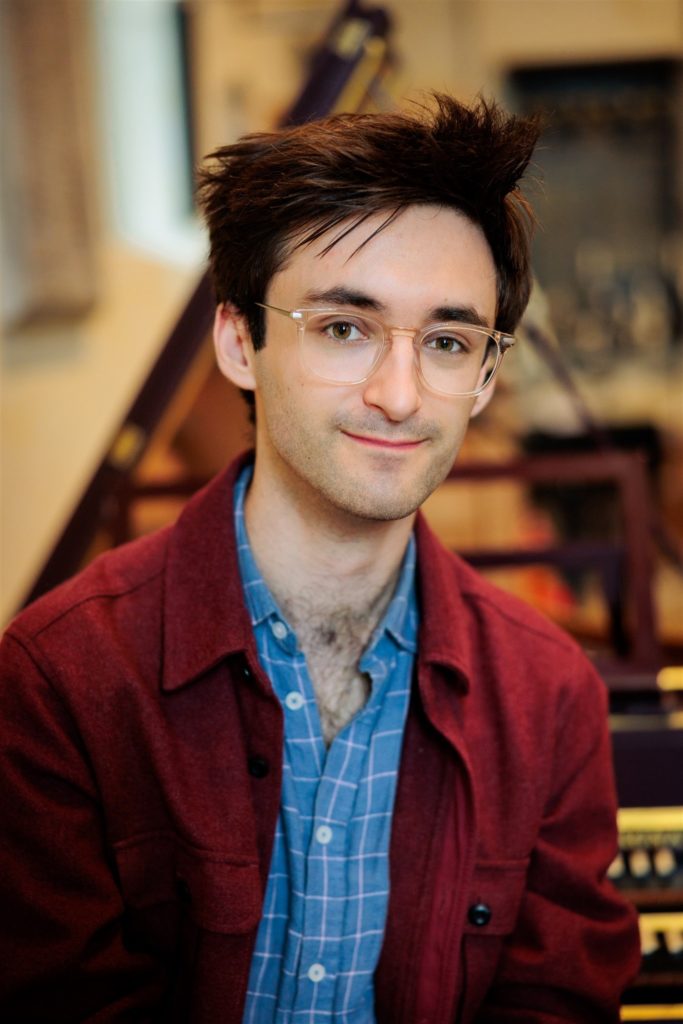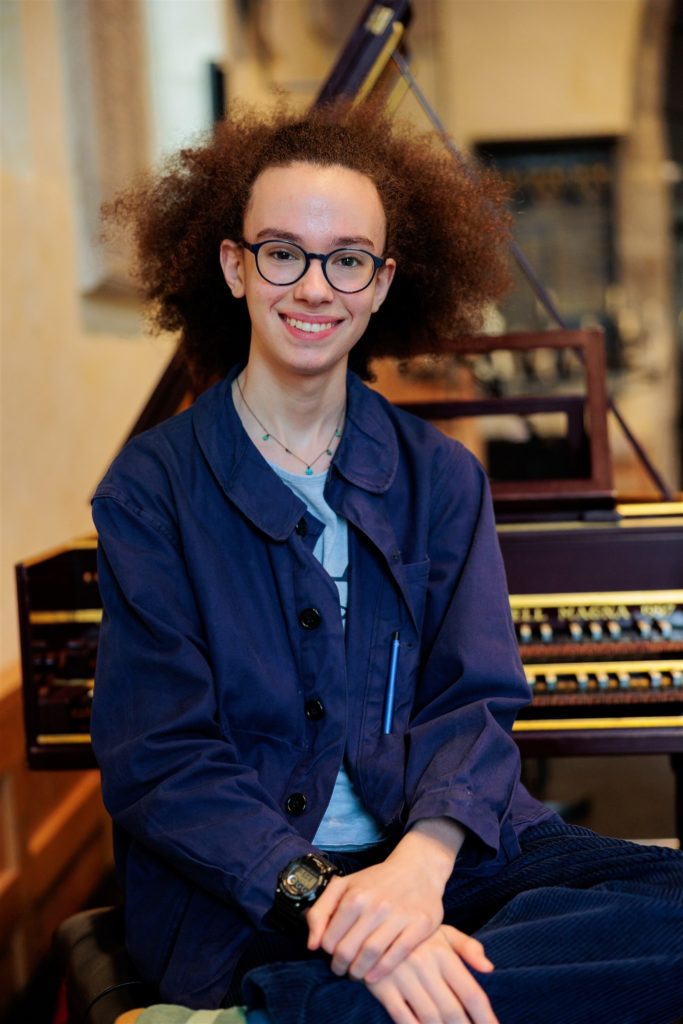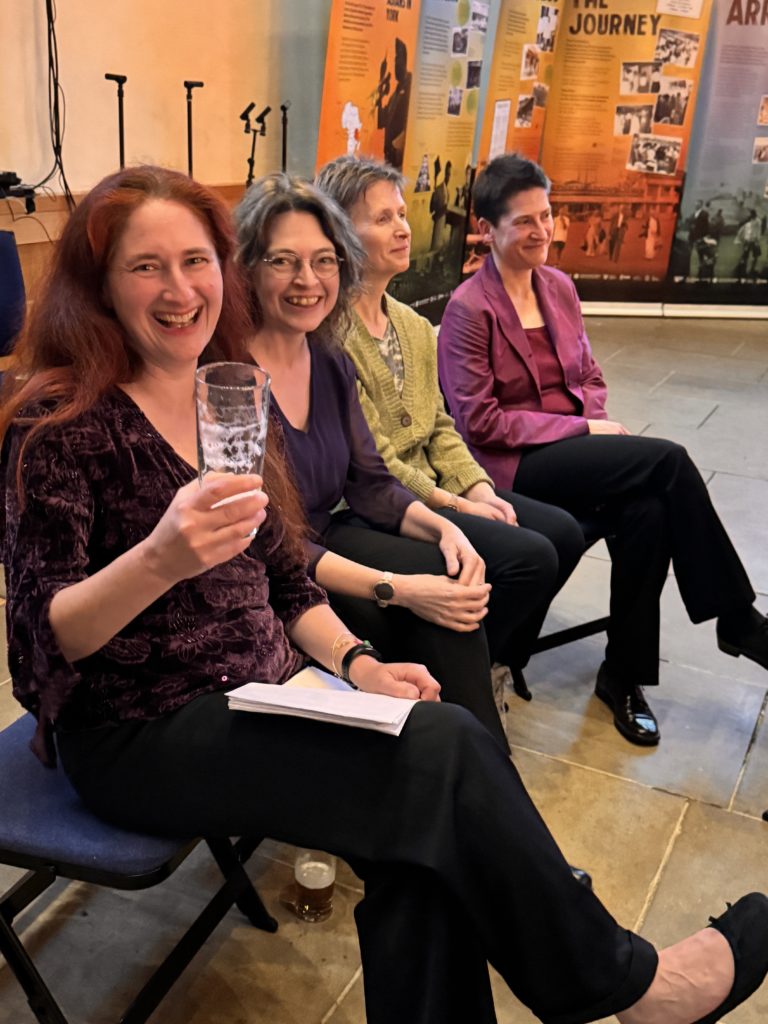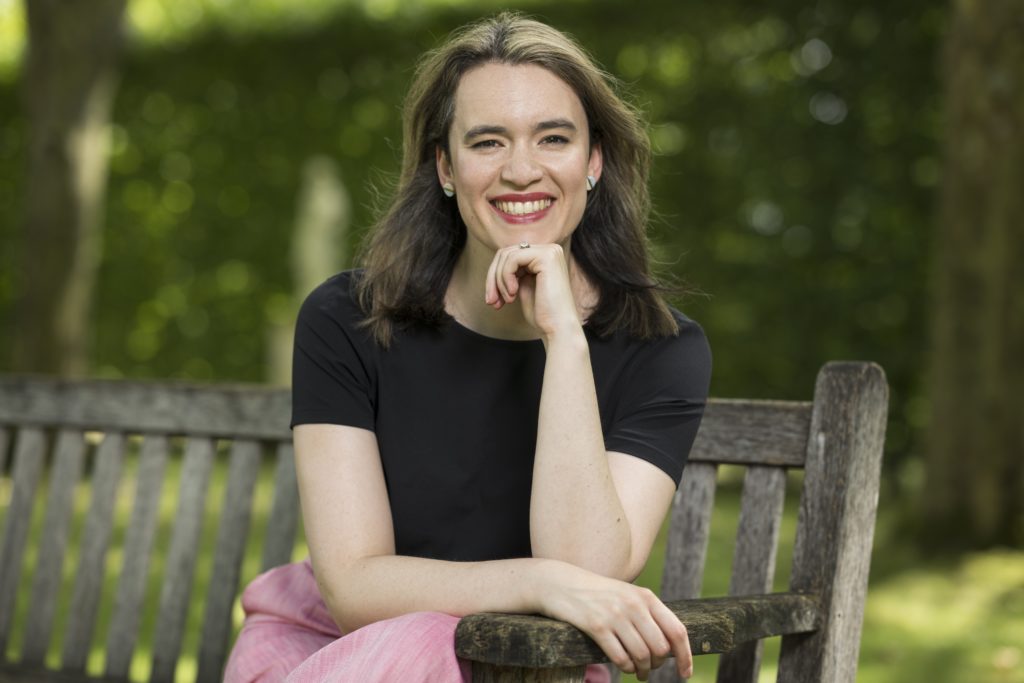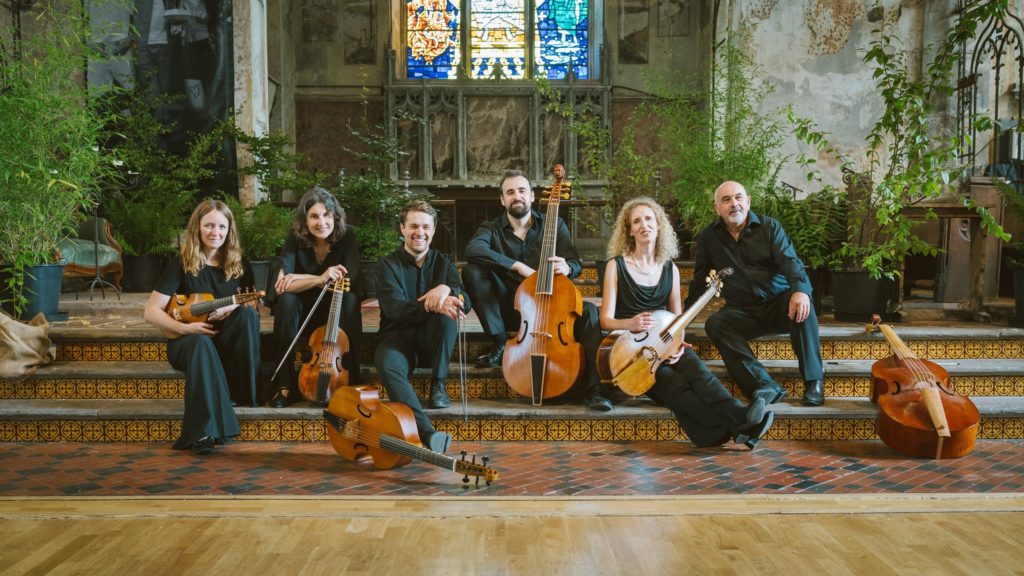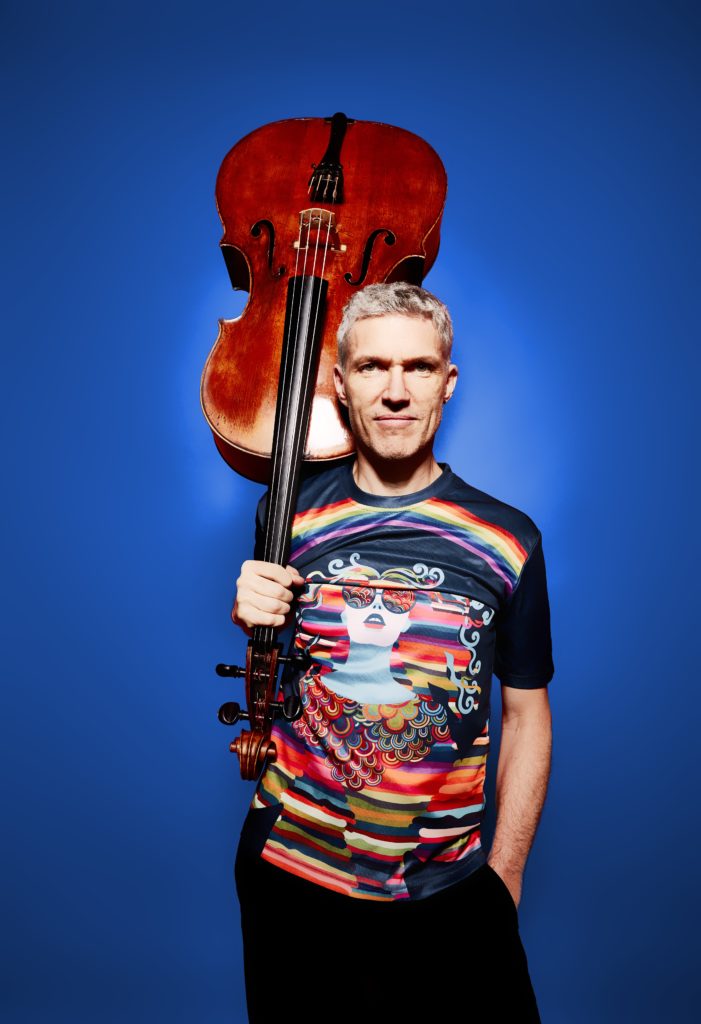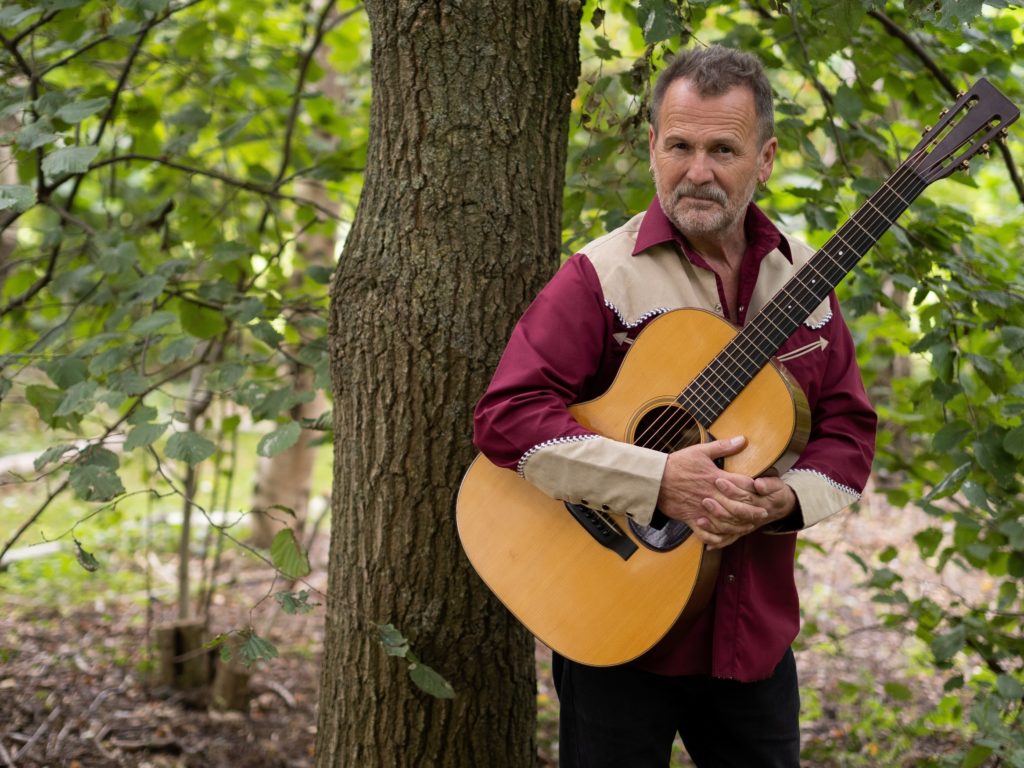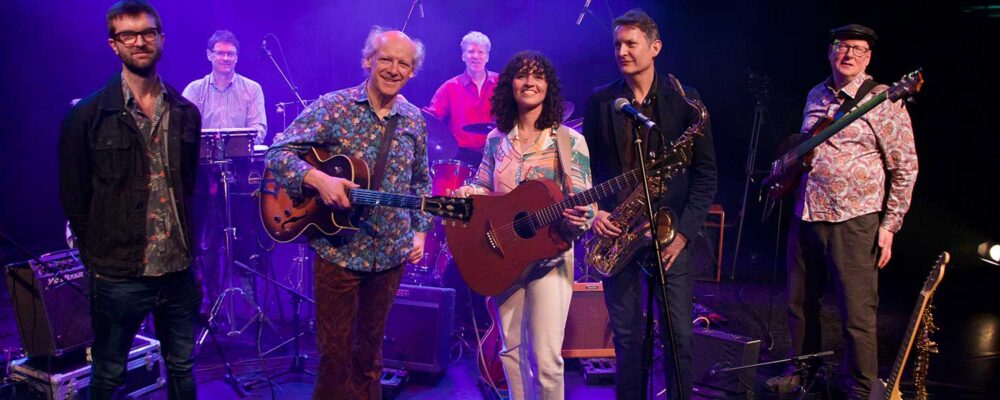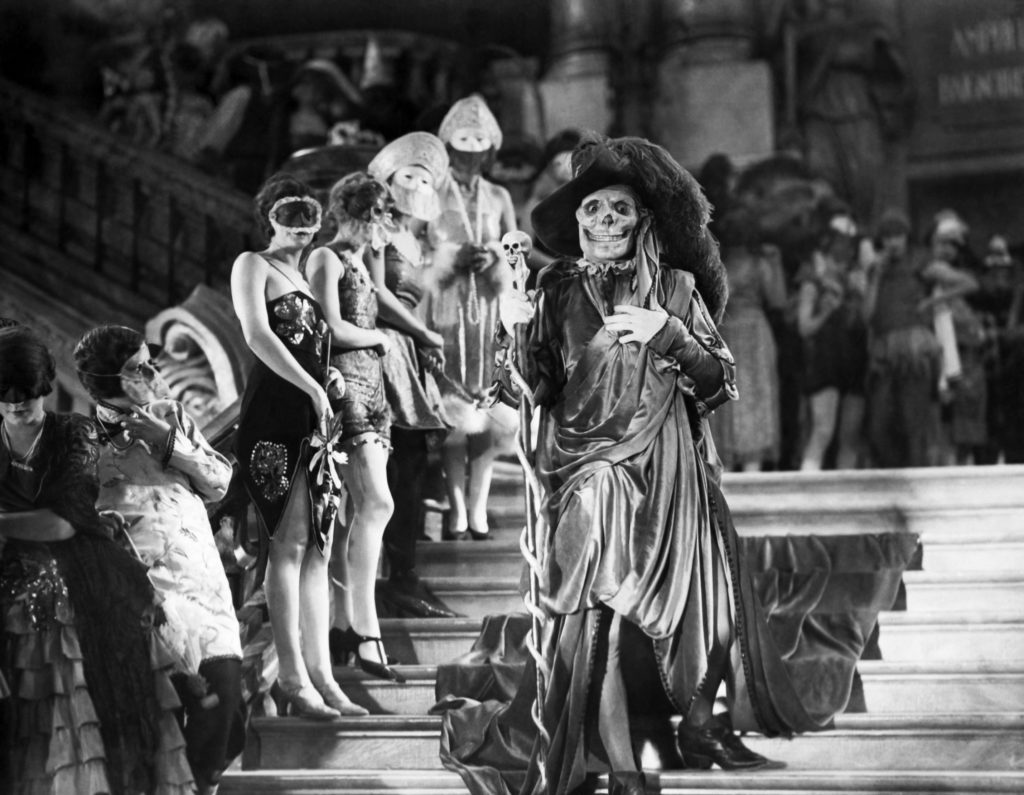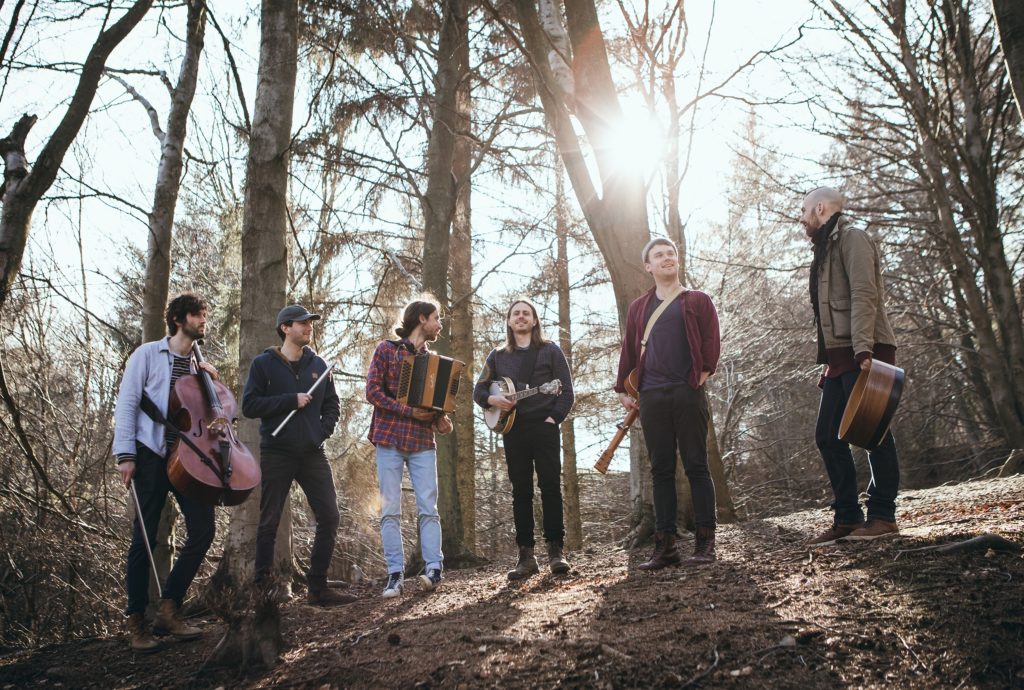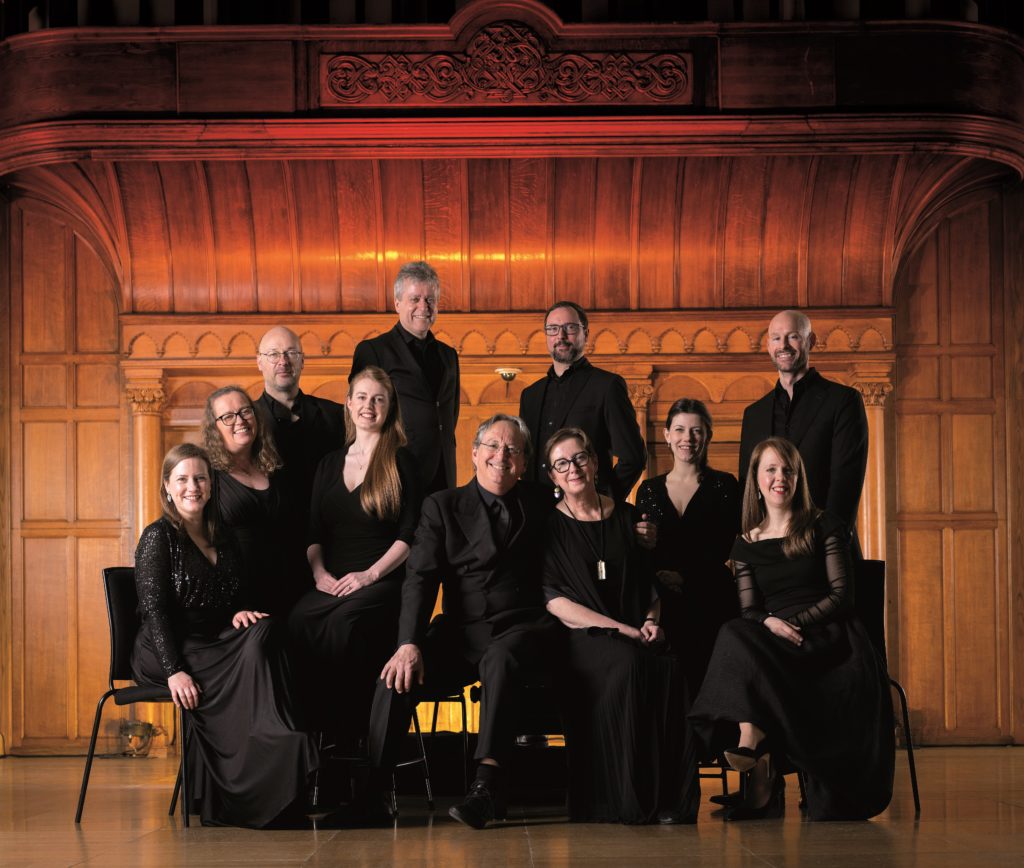
The Tallis Scholars: Performing Mysteries and Miracles at Beverley Minster on May 23. Picture: Hugo Glendinning
TICKETS are on sale for Beverley & East Riding Early Music Festival 2026, running from May 22 to 24 with the theme of Miracles & Mysteries.
Celebrating music and new partnerships in its 38th year, this annual festival is a ‘jewel in the crown’ of Beverley’s musical calendar, attracting visitors and residents to enjoy concerts and talks by experts and participate in workshops.
Each year, the festival attracts international musicians of the highest quality and is well known for seeking out and nurturing emerging talent, as well as drawing on this historic East Riding market town’s medieval musical tradition.
This year’s theme of Miracles & Mysteries intertwines the story of St John of Beverley, one of the most powerful miracle-workers in England in medieval times, with music by the world-renowned Tallis Scholars and a host of musicians from across the UK and Europe.
There are more ways than ever to participate in the music this year with young people invited to join in the fun both before and during the festival. In a new partnership with East Riding Libraries, the festival will be on the road with Baroque Around The Books, staging free concerts at Pocklington Library, on May 11, 11am, Market Weighton Library, May 11, 2pm, Goole Library, May 12, 11am, and Beverley Library, May 12, 4pm.
The scheme began in 2023 in York, where it has been a big success and has featured a variety of outstanding ensembles. This year, the Beverley festival is delighted to welcome Dowland’s Foundry lutenist Sam Brown and tenor Daniel Thomson, who will perform a free concert mixing music by Dowland and Morley with words by William Shakespeare. More details can be found at www.ncem.co.uk/baroque-around-the-books.
After a series of bespoke workshops in East Riding Schools, recorder wizards Palisander Recorder Ensemble will stage a pre-festival concert for all the family, Recorder Revolution!, at Beverley Memorial Hall on March 17 at 6.30pm. Cue magical music-making with an array of recorders ranging from six inches to six feet tall; more details at palisanderrecorders.com.
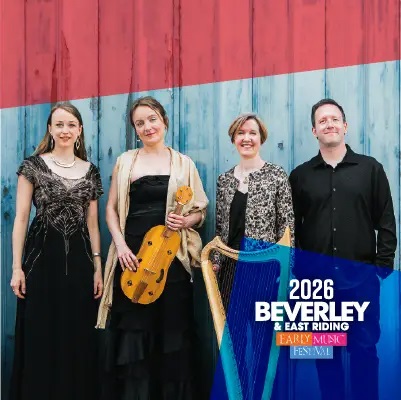
Rune: Lost In Contemplation concert on May 24
The three-day festival will open on May 22 with Près de Votre Oreille, directed by gamba specialist Robin Pharo, presenting Lighten Mine Eies as part of a European tour in this northern premiere by the French instrumental ensemble at St Mary’s Church at 7.30pm.
The evening will feature music by William Lawes, who enjoyed a brief but dazzling career as a singer and lutenist to Charles I.
Près de Votre Oreille’s European tour is backed by the Centre National de la Musique (CNM) with the support of Institut Français du Royaume-Uni. The ensemble’s main sponsor is the Société Générale Foundation, with further support from the Orange Foundation.
The Tallis Scholars, directed by Peter Phillips, will perform Mysteries and Miracles, a programme that highlights the festival theme through music inspired by the stories of the life of Christ, at Beverley Minster on May 23.
Suited to the Minster’s glorious acoustics, the 7.30pm concert will begin with a depiction of Christ’s birth as envisaged by two of the Renaissance’s most renowned composers, Gabrieli and Victoria.
The Telling will present Purcell: The Musical, featuring Niall Ashdown as Purcell, soprano Héloise Bernard and violinist Joanna Lawrence, in a return to the East Riding Theatre, Beverley, on May 24 at 7.30pm after performing Into the Melting Pot there previously.
This drama, based on the life of 17th-century London composer Henry Purcell, features assorted instrumental and vocal compositions by Purcell, from bawdy theatre ballads and joyful celebrations of love to slow airs and numbers from his semi-operas.
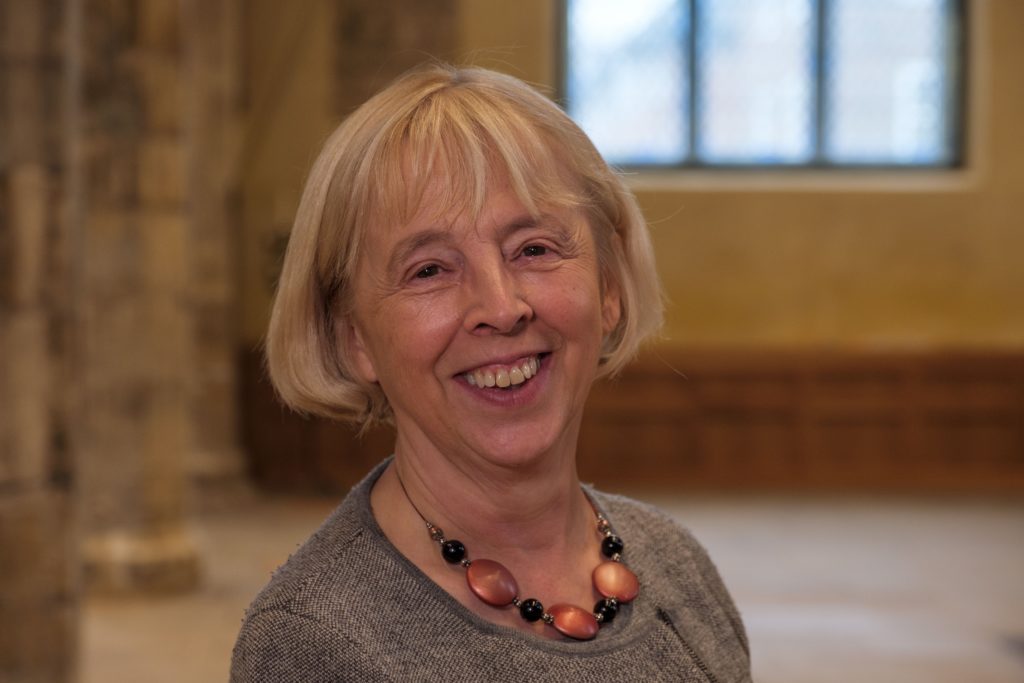
Beverley & East Riding Early Music Festival director Delma Tomlin
The festival’s focus on emerging young talent will complement three NCEM Platform Artists, Pseudonym, Intesa and Rune, with the newly appointed New Generation Baroque Ensemble, Bellot Ensemble, who are supported by BBC Radio 3, the Royal College of Music and the National Centre for Early Music, York.
On May 23, at St Mary’s Church, Pseudonym’s Liane Sadler, flutes, Maya Webne-Behrman, violin, Stephen Moran, gamba, and Gabriel Smallwood, harpsichord, will perform Discret et Distrait at 1pm.
After performing in York in 2024 and at an Antwerp showcase last summer, this endearing young ensemble will return to the UK to play 18th-century French music in a sophisticated intermingling of Italian virtuosity and Polish folk rhythms, featuring works by Couperin, Rameau and Telemann.
This concert is made possible thanks to EFFEA’s artist-in-residence Discovery programme, in partnership with AMUZ, Antwerp and Early Music Sweden.
On May 23, at St Mary’s Church, Intesa’s Nathan Giorgetti and Lucine Musaelian (viols and voice) will celebrate their union between Armenian and Italian traditions in Voices Of San Lazzaro at 4pm.
Intesa will explore the connections between sacred and secular love, both in their pain and redemption, highlighting the Armenian story of faith and the women’s story of misunderstanding.
On May 24, in The Quire at Beverley Minster, Rune will perform Lost In Contemplation with a line-up of Angela Hicks soprano, Daniel Thomson tenor, May Robertson voice and vielle, Jean Kelly harp, and Daniel Scott, recorder and positive organ.
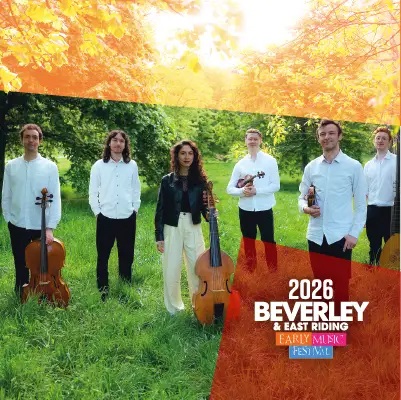
Bellot Ensemble: From The Sound Of Battle To The Silence Of Peace
At 3pm, four remarkable medieval miracle stories will be paired with music from across Europe. From the contemplative vision of Ero the monk and Saint Elizabeth’s Miracle of the Roses, to English songs honouring the Virgin Mary and the extraordinary life of Joseph of Schönau, these tales reveal the medieval imagination at its most profound, accompanying stories that explore faith, transformation and the intersection of the miraculous with human experience.
On May 24, at Toll Gavel United Church, Bellot Ensemble will undertake a vivid journey from the clamour of conflict to the quiet miracle of peace in From The Sound Of Battle To The Silence Of Peace.
Edmund Taylor and Maxim Del Mary, violins, Nathan Giorgetti and Lucine Musaelian, viola da gambas, Daniel Murphy, theorbo, baroque guitar and lute, and Matthew Brown, keyboards, will perform music by Lawes, Schmelzer, Biber and Falconieri in a 5pm concert to be recorded for broadcast by BBC Radio 3.
Festival director Delma Tomlin says: “We’re very excited to be returning to Beverley for what promises to be a spectacular weekend of music in one of the UK’s most beautiful settings, celebrating the extraordinary wealth of the medieval musical traditions of the town.
“This year’s theme is Miracles & Mysteries, presenting a line-up of international concerts of the highest quality, including our opening concert by Près de Votre Oreille, made possible by our partnership with France.
“The festival also provides a showcase for young talent with Bellot Ensemble, the current New Generation Baroque Ensemble, and NCEM Platform Artists, Pseudonym, Intesa and Rune. Finally, thanks to a new partnership with East Riding Libraries, we’ll be ‘on the road’ for the very first time in Beverley, with Baroque Around The Books, when music lovers can enjoy free concerts by Dowland’s Foundry in several of the region’s libraries.”
Find the full programme at https://www.ncem.co.uk/whats-on/bemf/. Tickets are on sale on 01904 658338, at ncem.co.uk, via email to boxoffice@ncem.co.uk or in person from Beverley Tourist Information Centre, Customer Service Centre, Champney Road, Beverley, HU17 8HE.
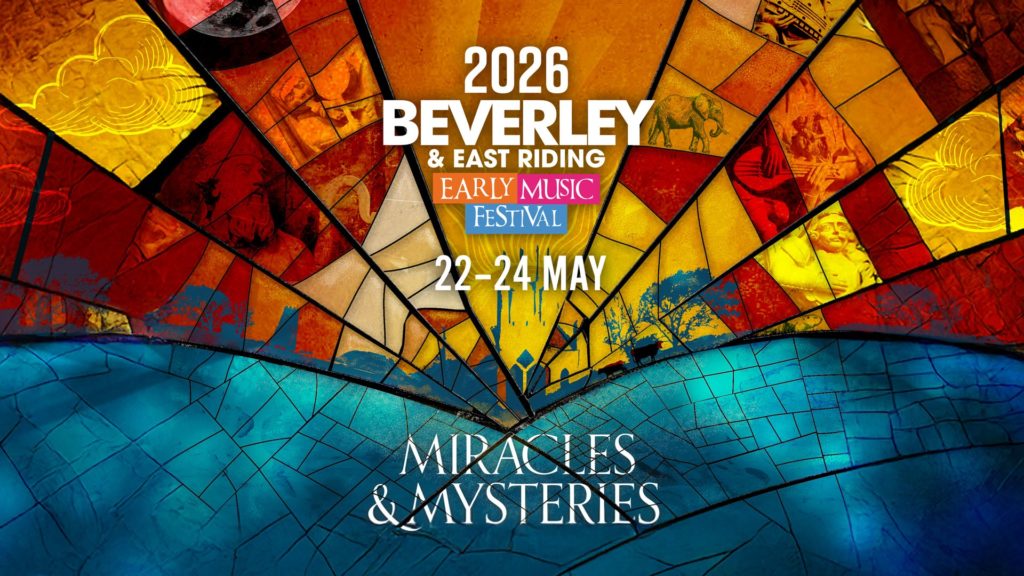
The artwork for Beverley & East Riding Early Music Festival 2026



